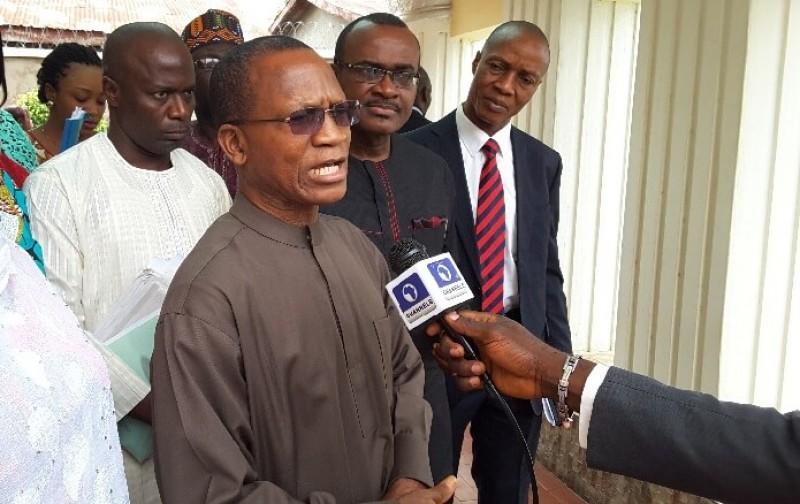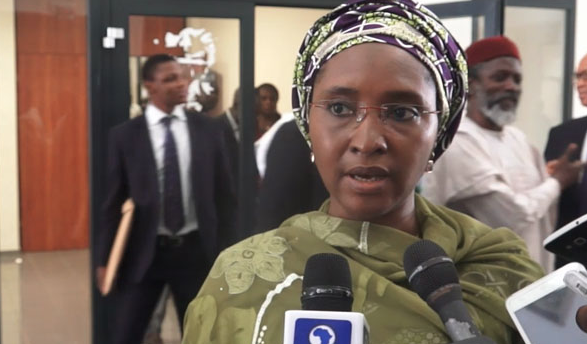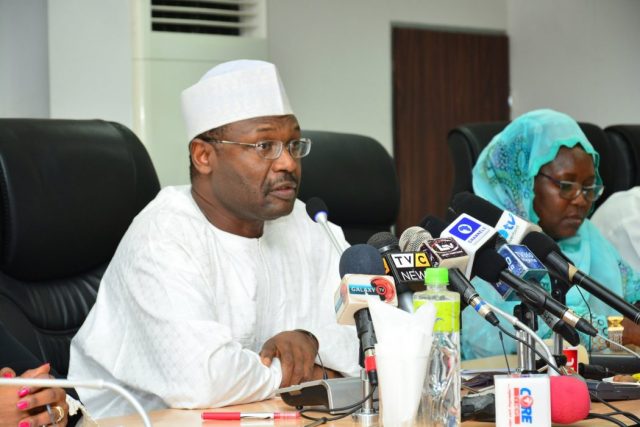Abraham Nwankwo, a former director-general of the Debt Management Office (DMO), says Nigeria’s infrastructure deficit can be addressed with debt financing.
Nwankwo, who spoke at the annual lecture of a group known as Just Friends Club of Nigeria (JFCN), said the conclusion that public debt should be used to finance Nigeria’s infrastructure needs “is a paradox because of the existing precarious public debt profile”.
Nwankwo said the resolution of that paradox lies in a creative unbundling of the concept of debt sustainability.
“In the context of financing infrastructure for the structural transformation of the economy, distinction should be made between conventional debt sustainability, which is essentially static, and what one would identify as structural debt sustainability, which is based on a forward-looking view of the economy,” he said.
Advertisement
He added that assessment of debt sustainability should focus on whether and how the additional debt would be effectively applied to the development of infrastructure, to pull the economy out of backwardness; how it would enable the economy to establish a growth trajectory that will enable it re-gain or enhance debt sustainability and more stable growth, by a forecast time.
Nwankwo explained that a major issue which has to be addressed while using debt financing for infrastructure is the impact of exchange rate risk since “substantial portion of the debt is obligated in foreign currency”.
“The secret is that it is feasible to articulate a bold plan for the transformation of the economy, the Transformation Plan, financed with new debt towards one that is more diversified, more competitive, more export-capable and less vulnerable to external shocks,” he said.
Advertisement
“Specifically, the new debt will generate adequate output and cash-flow to cover its servicing and amortization and create surplus, while avoiding, by design, foreign exchange risk. The net impact of the new debt on debt sustainability, therefore, is that by creating value-added, it even helps to reduce the pre-programme debt burden, rather than exacerbate it.
“A robust macroeconomic model with detailed financial programming is perhaps the most important component of the plan documents; it will elicit the trajectory of transformation, breakthrough and self-sustaining growth that would result from the capital injection in big infrastructure development. It will demonstrate how exchange rate risk will be neutralized.
“In addition, the business model for investment in infrastructure should be such that, as much as possible, infrastructure services are provided on fee-paying and cost-recovering bases and there should be no illusion of heaping the entire funding burden on the public treasury.
“In the last analysis, therefore, debt-financed infrastructure investment could be significantly sweetened, softened and de-risked with financing founded on broad-based funding.”
Advertisement
An analysis of the 2019 budget by TheCable showed that the amount allocated by the federal government for debt servicing is higher than the projected capital expenditure spending.
Meanwhile, Buhari had said while inaugurating the new terminal of the Nnamdi Azikiwe International Airport, Abuja, that his government was closing the country’s infrastructural deficit.
As of June 2018, figures from the DMO showed that Nigeria’s external debt profile stood at N22 trillion.
Advertisement







